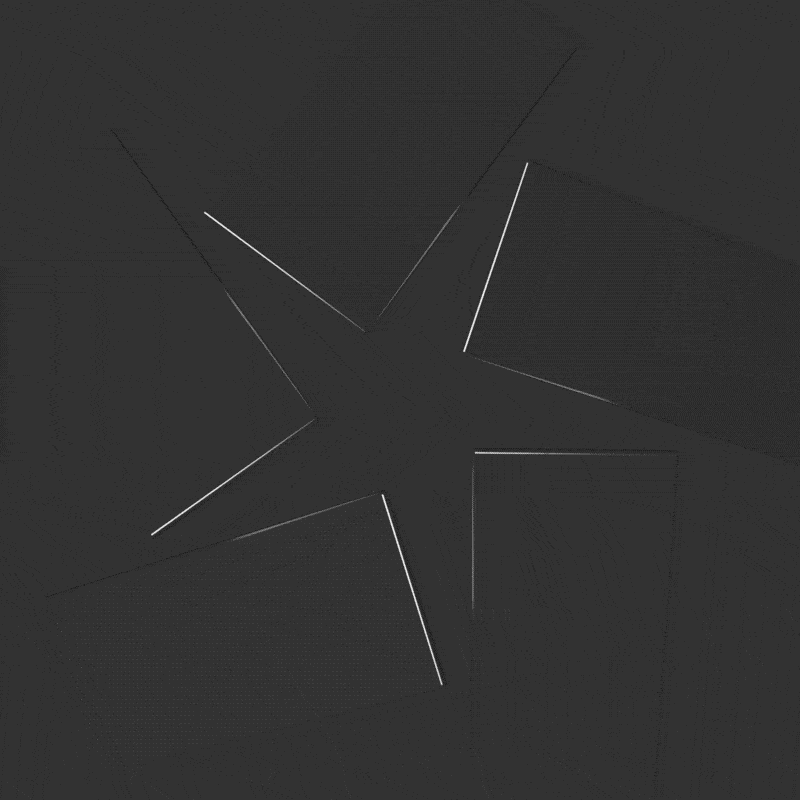1,576 days, 2,409 entries ...
Newsticker, link list, time machine: HOLO.mg/stream logs emerging trajectories in art, science, technology, and culture––every day
“During the workshop, interesting ideas emerged. Like a pair of decolonial sandals. In this imaginary, wherever you walk in the sandals, you (re)connect with the ancestral practices of that territory.”
“The physical still has power. Let’s at least get the power of digital in our own hands, for us to be able to tell that story, rather than leave it up to museums to start representing things digitally, and then own that narrative.”
“Scanning the irises of individuals in the Global South, who genuinely need the money and are unaware of potential risks, is a contemporary form of colonialism.”
“Projects such as Aadhaar propose a distinction between ‘identity and identification’—the former an amalgamation of social relations and historical processes, and the latter touted as a neutral act of correlating one piece of information to another.”
For the launch of Vertical Atlas, a book and exhibition capturing Hivos and Het Nieuwe Instituut’s joint research into digital geopolitics, South African artist Francois Knoetze unleashes the mythical e-waste creature from his 2018 short Core Dump ‘E-Revenant’. Shot in Dakar and the first in a series of four, the film “emerges from the dystopian landfills of consumer culture” to explore the links between digital technology and colonialism.
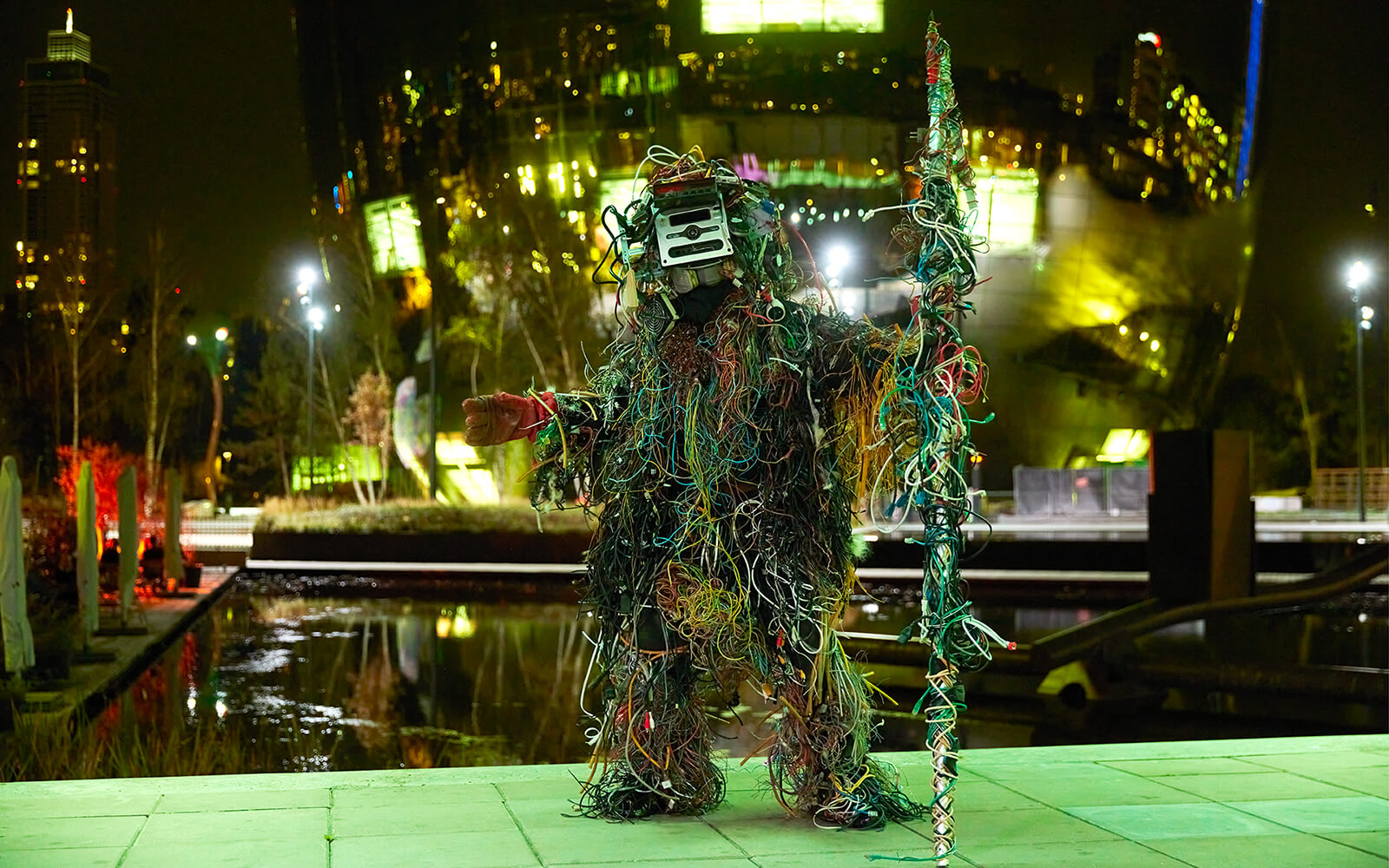
“Ghost 2565: Live Without Dead Time,” a survey of moving images and performance that resonates with its host environs’ “phantasmagorial city” status, opens in Bangkok. A follow-up to 2018’s Ghost:2561, the Christina Li-curated program features artists including Meriem Bennani, Revital Cohen and Tuur Van Balen, Özgür Kar (image: DEATH, 2021), and Diane Severin Nguyen, sharing works that playfully probe and blur “subjectivities, untold stories, and shared visions.”
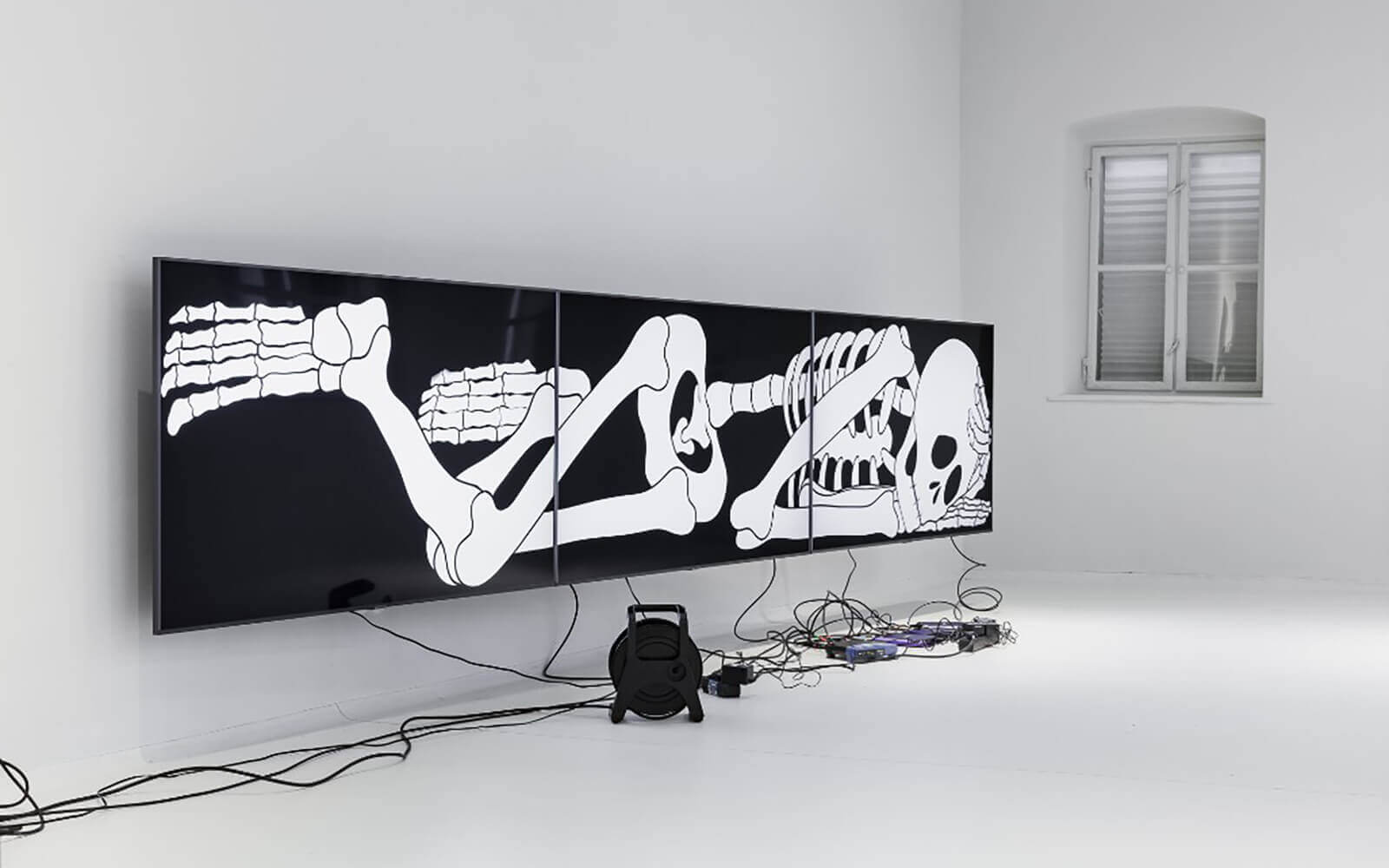
Karine E. Peschard
Seed Activism
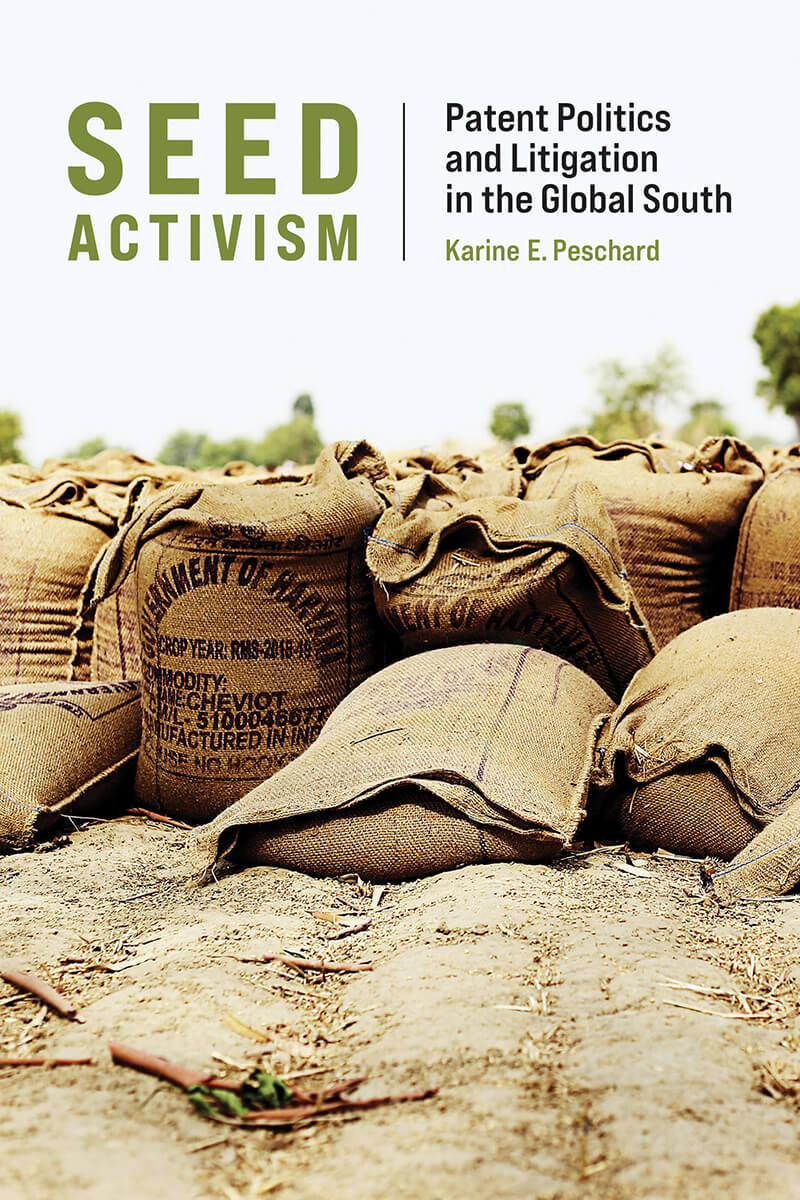
“Among the drivers’ complaints were the obscure way in which their accounts were blocked and the inequitable way in which fees earned by drivers were unilaterally decided and implemented by Uber.”
Showing the “divergent realities generated by the use of fossil fuels” worldwide, “Fossil Experience” opens at Berlin’s Prater Galerie. Participating artists include Marjolijn Dijkman, Monira Al Qadiri, and Rachel O’Reilly. Global North and South are represented, with Kat Austen’s This Land is Not Mine (2020-) chronicling waning coal production in Western Europe, and Ayọ̀ Akínwándé’s Ogoni Cleanup (image, 2020) resuscitating a Big Oil-ravaged Niger Delta river.
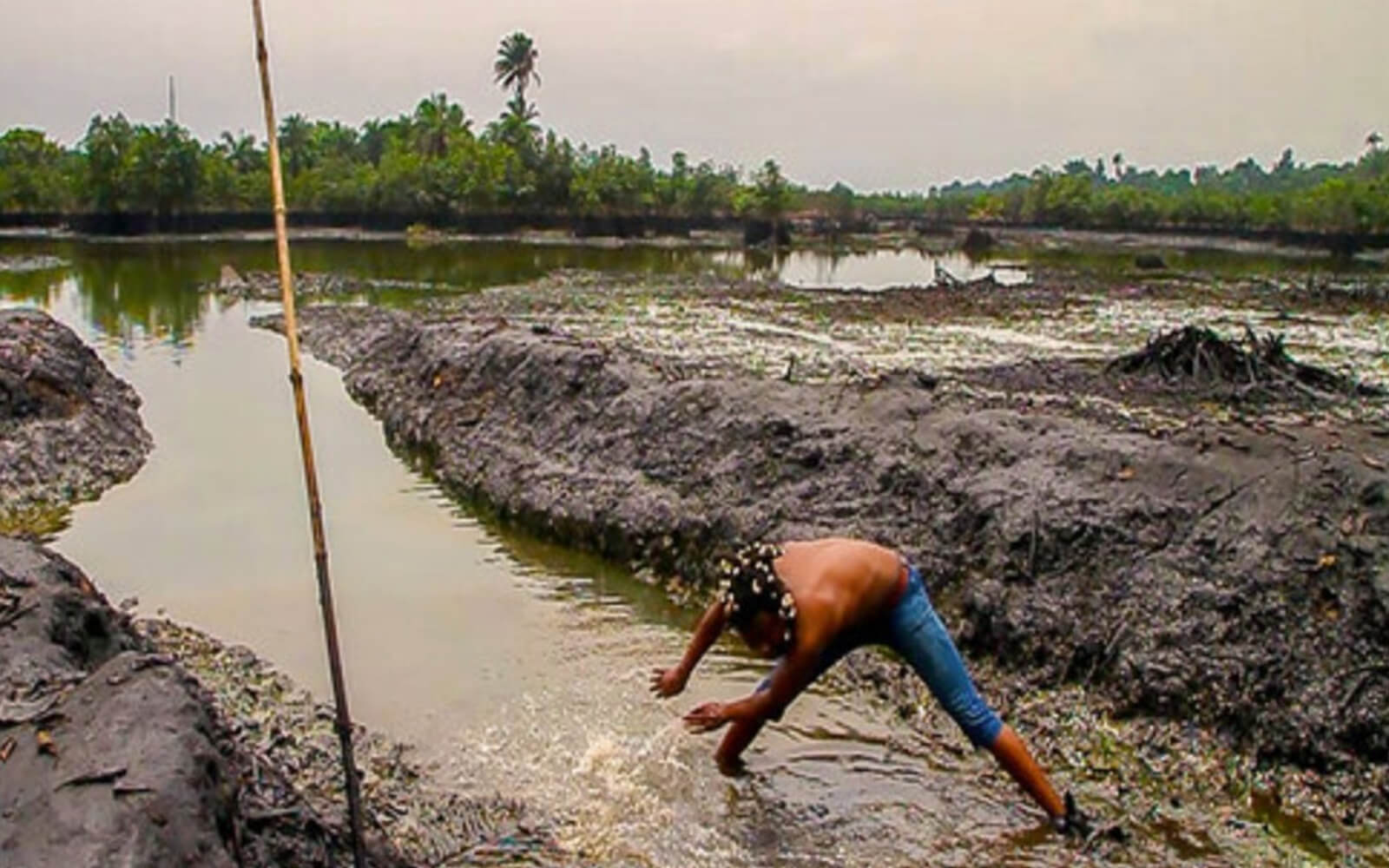
“People are going to be doing their regular work, that’s what’s being recorded and reproduced … every time there’s movement, you know, it’s kind of mirrored in Ireland.”
“Industry norms frustrate me. One, is that If you come from a place like Hollywood, you are the one creating the value or the IP, and if you come from a place like the Philippines you are the back office—where the work gets executed after the ideas are formed.”
Hic et Nunc (HEN) founder Rafael Lima pulls the plug on the popular ‘indie’ NFT marketplace, following what some allege were heated discussions on the community’s Discord channel. First, the website disappeared, then the market’s smart contract was posted to the official Twitter page. Launched in March on the low-cost, low-carbon Tezos chain, HEN became an instant artist favourite (esp. in the Global South) and just recently celebrated 500,000 minted NFTs.
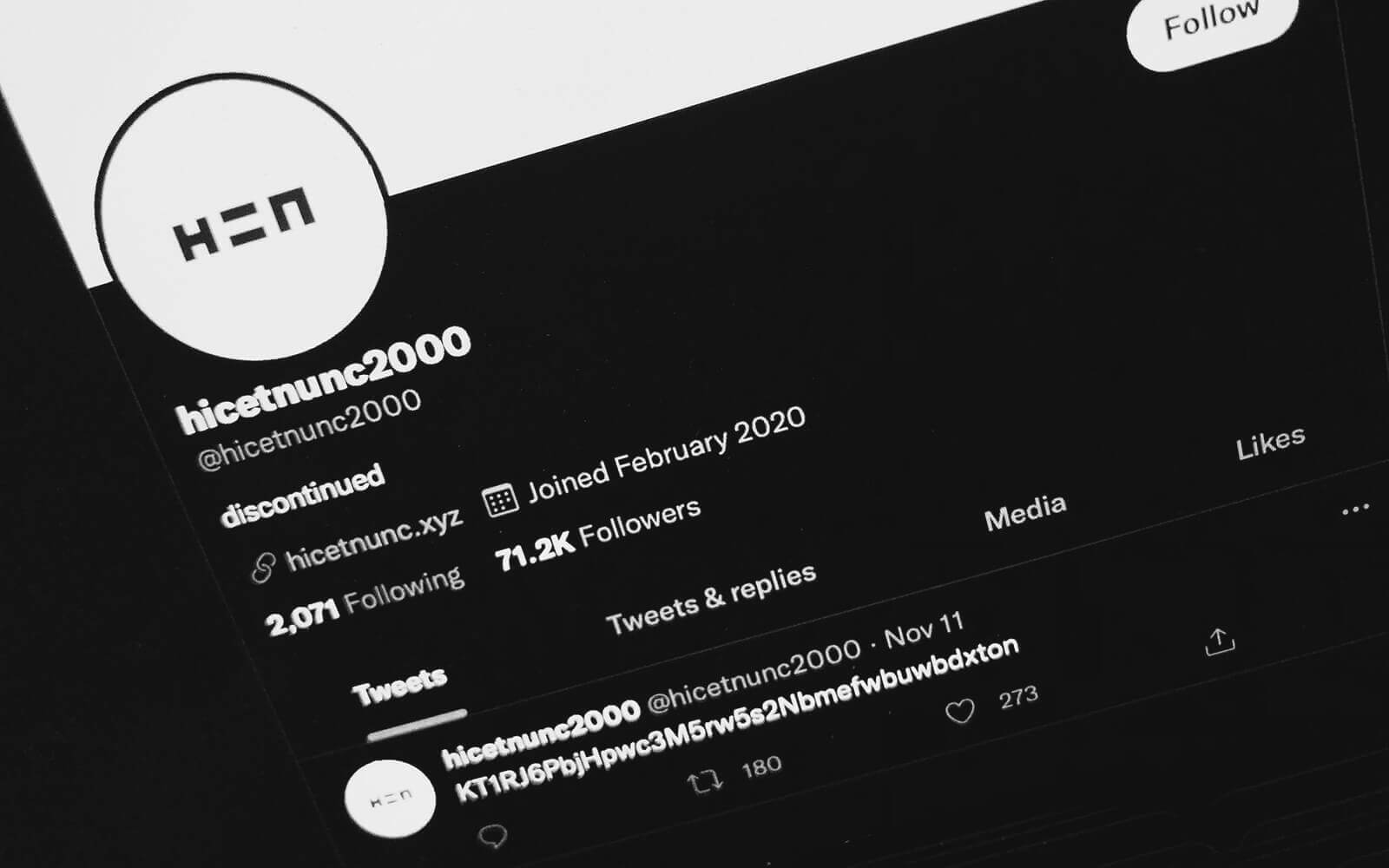
“The Phillipines are a great test market for games, because there is a high level of English knowledge and the cost of labour is quite cheap.”
The third edition of Cairo’s media art festival, Cairotronica, kicks off a week-long exploration of “Data Fiction” at Tahrir Cultural Center. Between the exhibition, symposium, and performance program, director Haytham Nawar gathers more than 50 regional and international artists including Amira Hanafi, Anna Ridler, Morehshin Allahyari, Liam Young, Nora Al-Badri, and Francois Knoetzke. The latter’s installation Core Dump (2018-, image) situates a series of films that “emerged from the dystopian landfills of consumer culture.”
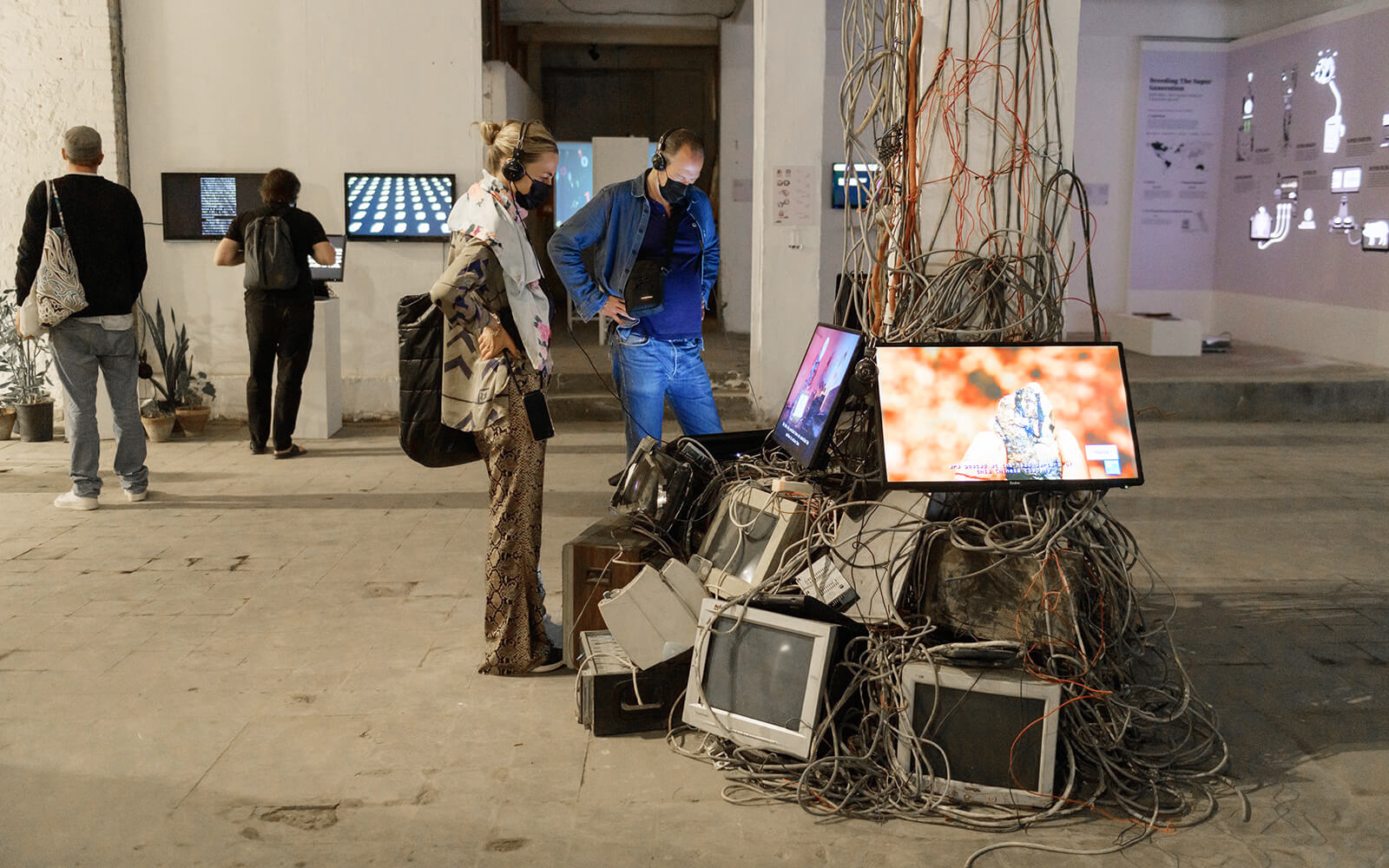
Daily discoveries at the nexus of art, science, technology, and culture: Get full access by becoming a HOLO Reader!
- Perspective: research, long-form analysis, and critical commentary
- Encounters: in-depth artist profiles and studio visits of pioneers and key innovators
- Stream: a timeline and news archive with 1,200+ entries and counting
- Edition: HOLO’s annual collector’s edition that captures the calendar year in print
